In 2015, DMA was approached by Macquarie Primary School to tackle a real school problem: a 'dangerous' school car park. An immediate partnership was formed between two disciplines, education and service design, and two organisations, the school and DMA. The resulting program, Design In Schools, established 18 eleven-year olds as a formal Service Design team and they set about designing a solution to this complex community problem.
For Macquarie, the students would learn how to apply existing inquiry-based learning skills into a disciplined holistic approach and 'solve' the car park as a design problem. For DMA the project would push the boundaries of design education by incorporating it into existing education approaches and explore how ‘little people’ work creatively, play purposefully and design, leading to the development of a re-useable design syllabus for primary schools.
This was a truly co–created opportunity, exploring with a group of 10–11 year–olds how service design can be used as a creative, problem–solving discipline and how it can extend their current inquiry–based education focus.
It had real design outcomes (an improved car park experience), real methodology outcomes (the development of a re-useable methodology) and a lasting impact on both teachers in the school and designers from DMA who have evolved their own practice as a result.


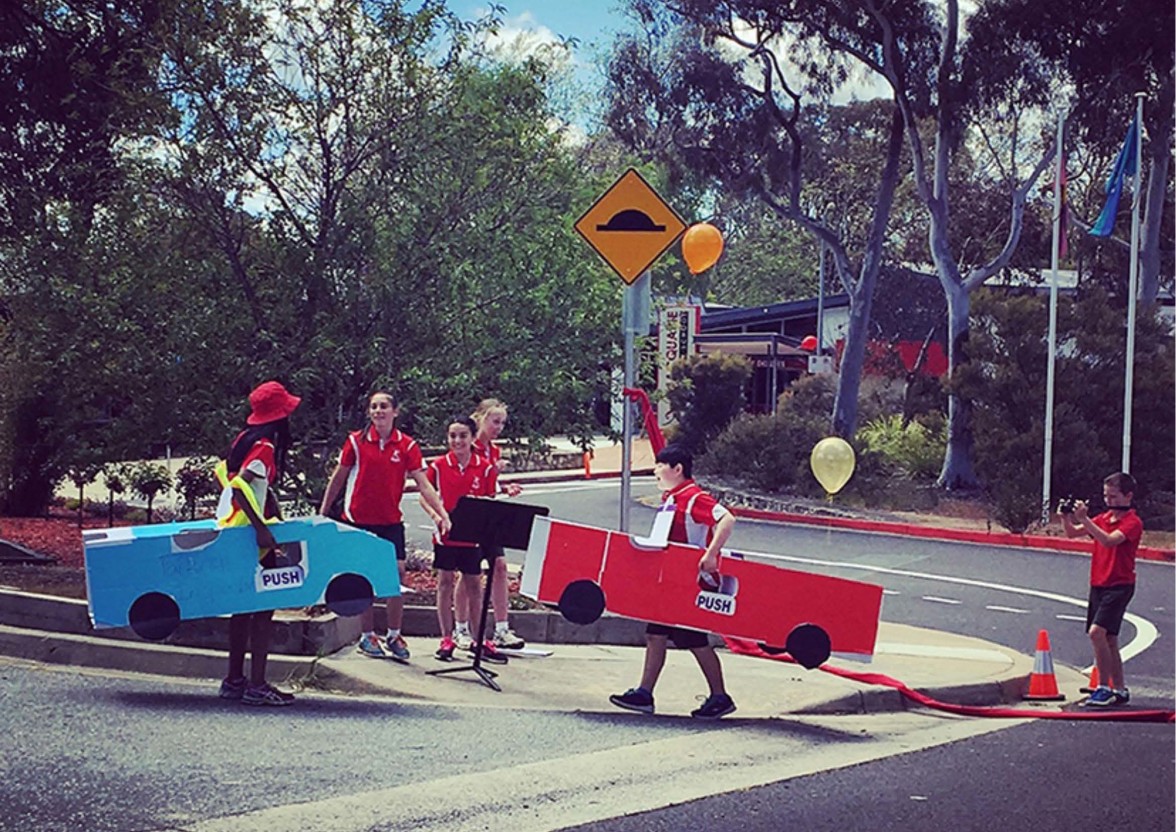
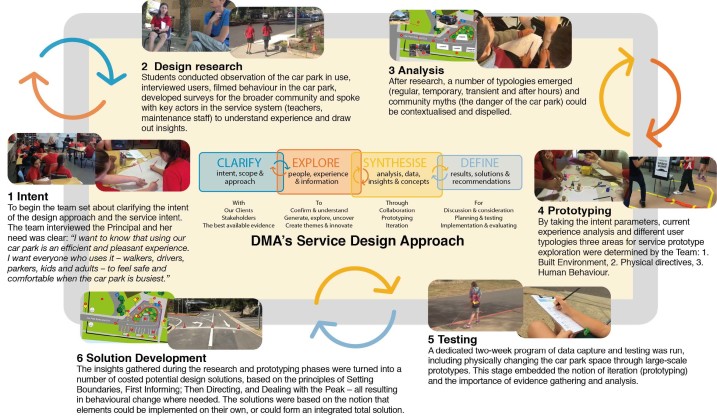
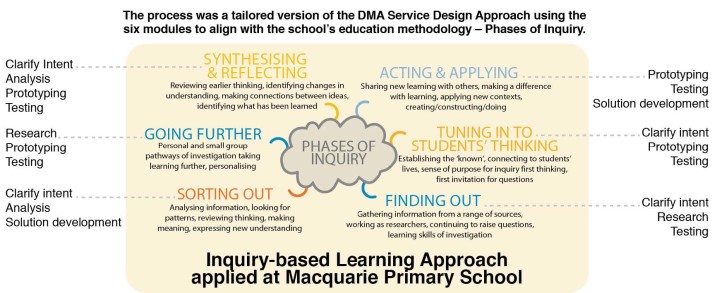
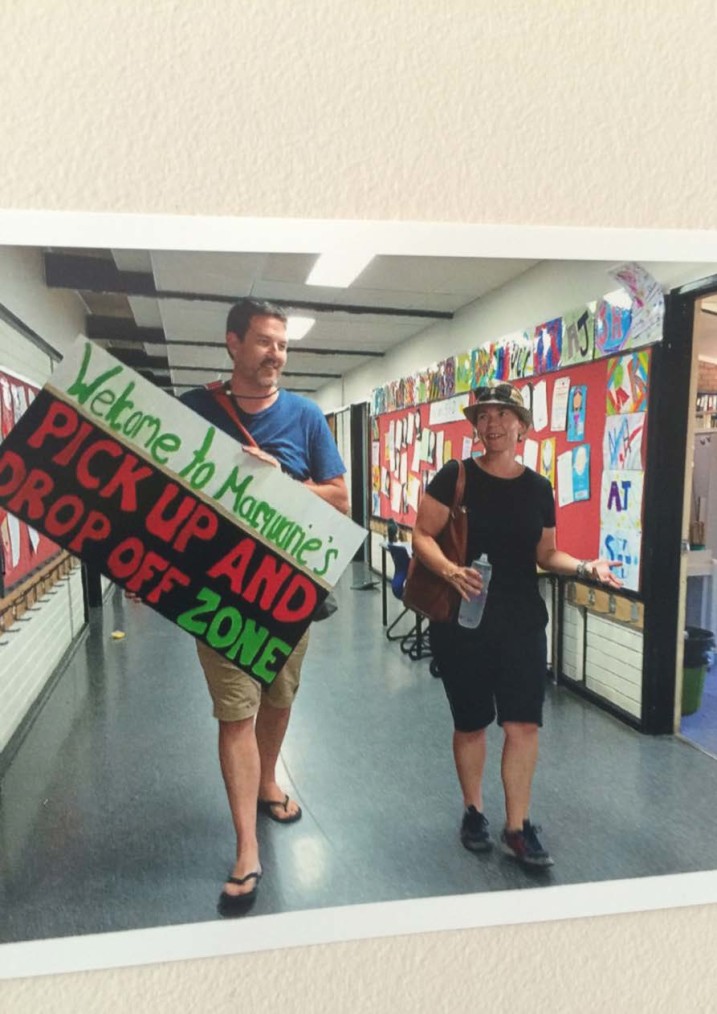


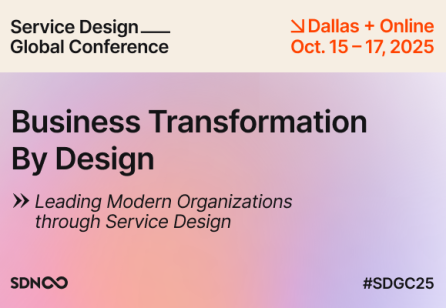
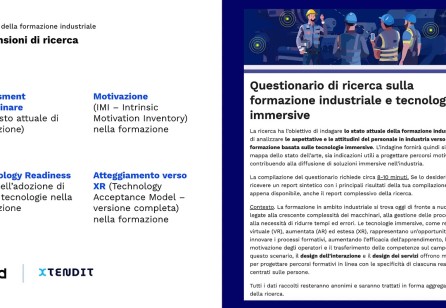

Share your thoughts
0 RepliesPlease login to comment